Understanding ITAR and export controls
ATA’s Advanced Textiles Conference in New Orleans began Tuesday in New Orleans with presentations organized into four tracks: Medical, Military, Testing and Smart Fabrics. The Military track covered a range of topics from protective materials to the DoD budget.
It also addressed a critical topic for any company that exports beyond U.S. borders, or is planning such a business move. In “Understanding ITAR and Export Controls,” Nate Bolin, attorney with Washington, D.C. law firm Skadden, Arps, Slate, Meagher & Flom, made it clear that the first thing to know is just how important it is to your company to fully understand U.S. government regulations concerning export controls.
“The International Traffic in Arms Regulations (ITAR) and export control laws are complex and contain a number of traps for the unwary,” Bolin says. “The penalties for getting it wrong can be very severe, totaling millions of dollars in civil penalties, not to mention possible jail time, denial of export privileges, and debarment from government contracting. Companies that are thinking about exporting, or that have advanced technologies or products with possible defense applications should definitely take the time to understand the requirements of these laws, and build up their compliance programs to appropriately manage their risk.
“There is no one right way to do this, but seeking the advice of an experienced consultant is definitely recommended. Companies should also take advantage of the outreach and training programs offered by the U.S. export control agencies – including the Bureau of Industry and Security and the Directorate of Defense Trade controls – to add to their knowledge in this area and keep apprised of the changes in the law.”
A first step in navigating the means to comply with these regulations is to become familiar with ITAR (International Traffic in Arms Regulation) and EAR (Export Administration Regulations), the two main entities that regulate exports from the U.S.
But in addition to potential heavy penalties for non-compliance, Bolin said companies should care about these regulations because it’s just good business – to be sure your company is complying, and to be sure the companies with which you do business, both in the U.S. and internationally, are also complying.
Furthermore, jurisdiction covers U.S. persons, wherever they are located; goods, software, technology and technical data of U.S. origin; the same products even when they are re-exported; as well as those products in the U.S., even if they were made elsewhere. This underscores the importance of having a thorough grasp of pertinent regulations for your business.










